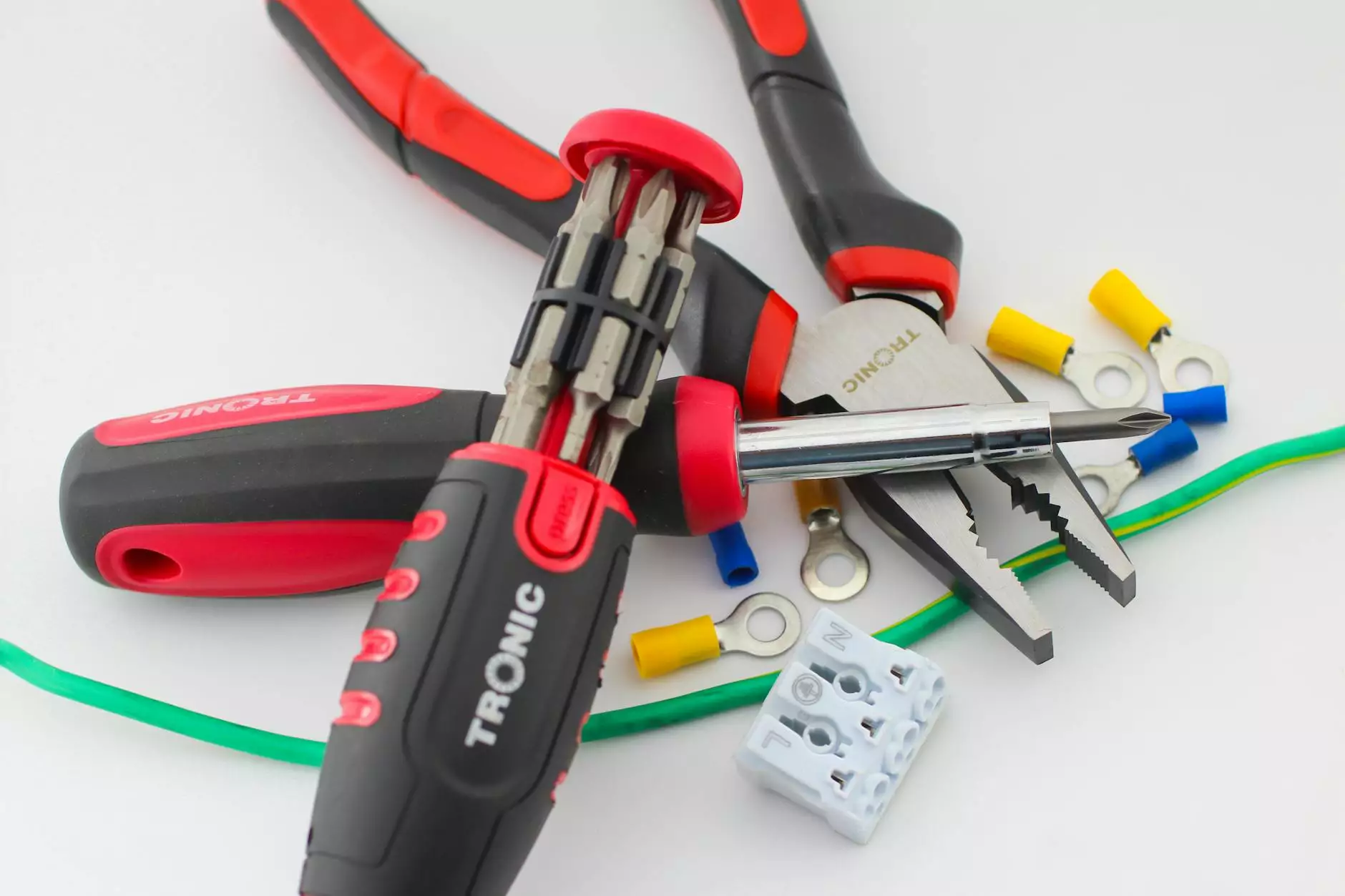Tips For Managing A Multi-Generational Workforce
Blog
Introduction
Welcome to Agile Talent Inc, the leading provider of consulting and analytical services in the business and consumer services industry. In today's dynamic workplace, organizations must adapt to the challenges of managing a multi-generational workforce. With a diverse range of generations, including Baby Boomers, Generation X, Millennials, and Generation Z, it is crucial for businesses to understand and implement effective strategies for fostering collaboration, productivity, and engagement among employees of different age groups.
The Importance of Managing a Multi-Generational Workforce
A multi-generational workforce brings together individuals with unique perspectives, skills, and work styles. Each generation has its characteristics, values, and expectations, which can either lead to synergy or conflict within an organization. By actively managing and leveraging the strengths of each generation, businesses can create a harmonious work environment, enhance innovation, and drive overall success.
Understanding the Generations
Baby Boomers
Baby Boomers, born between 1946 and 1964, are known for their strong work ethic and dedication. They value stability, loyalty, and hierarchical structures. To effectively manage Baby Boomers, organizations should provide opportunities for career advancement, recognize their achievements, and create a sense of purpose.
Generation X
Generation X, born between 1965 and 1980, values work-life balance, autonomy, and flexibility. They are independent, self-reliant, and prefer a hands-off management style. To manage Generation X effectively, organizations should offer flexible work arrangements, provide opportunities for continuous learning, and foster a results-driven culture.
Millennials
Millennials, born between 1981 and 1996, are tech-savvy, adaptable, and seek purposeful work. They value work-life integration, collaboration, and personal development. To manage Millennials successfully, organizations should embrace technology, provide regular feedback and coaching, and create a supportive and inclusive work environment.
Generation Z
Generation Z, born between 1997 and the present, are digital natives, ambitious, and socially conscious. They seek opportunities for growth, value diversity, and prioritize work with a purpose. To effectively manage Generation Z, organizations should provide meaningful internships and mentorship programs, promote a diverse and inclusive culture, and offer opportunities for social impact.
Strategies for Managing a Multi-Generational Workforce
1. Foster Communication and Collaboration
Effective communication is paramount in managing a multi-generational workforce. Encourage open dialogue, facilitate cross-generational mentoring, and provide platforms for sharing ideas and knowledge. Implement technologies that allow seamless communication across different age groups and embrace diverse communication styles.
2. Appreciate and Leverage Individual Strengths
Recognize that each generation brings unique strengths to the table. Foster a culture that appreciates and values the diverse skills and experiences of employees from different age groups. Create opportunities for cross-generational collaboration and knowledge sharing to maximize productivity and innovation.
3. Embrace Flexible Work Arrangements
Flexible work arrangements, such as telecommuting and flexible hours, can accommodate the different preferences and needs of employees across generations. Offer options that allow individuals to achieve work-life balance and promote autonomy and trust within the workplace.
4. Provide Continuous Learning and Development
Invest in training and development programs that cater to the learning styles and preferences of each generation. Offer a variety of learning opportunities, including digital platforms, mentorship programs, and workshops, to foster continuous growth and skill enhancements for all employees.
5. Encourage Cross-Generational Mentoring
Establish mentoring programs that pair employees from different generations. Encourage reverse mentoring, where younger employees share their technological expertise with older employees, while older employees offer guidance and wisdom. This creates opportunities for knowledge transfer, relationship building, and mutual understanding.
6. Promote Diversity and Inclusion
Create an inclusive work environment that embraces diversity and fosters equity and respect. Promote diversity hiring practices, establish employee resource groups, and encourage cross-generational collaborations. Emphasize the benefits of diverse perspectives and experiences in driving innovation and organizational success.
Conclusion
Managing a multi-generational workforce requires a thoughtful and adaptable approach. By understanding the characteristics, values, and needs of each generation, organizations can foster collaboration, engagement, and productivity among employees from different age groups. At Agile Talent Inc, we specialize in providing expert consulting and analytical services to help businesses effectively manage their multi-generational workforce. Contact us today to learn more about our tailored solutions and stay ahead in today's rapidly evolving business landscape.




